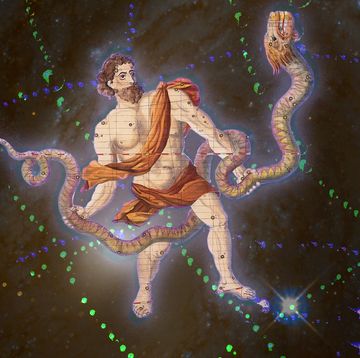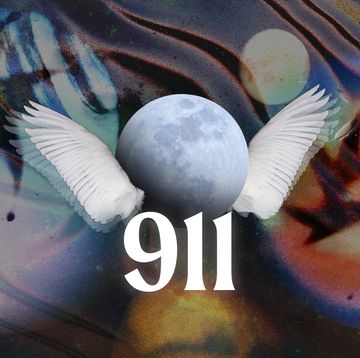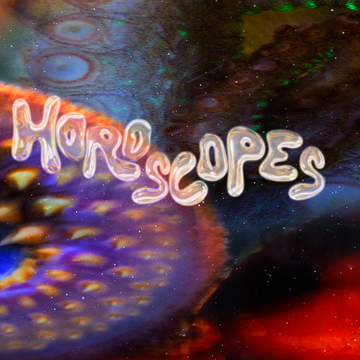In a ridiculously unfortunate setback for Texan folk who value some degree of privacy in public — by which I mean, the right to go outside without having someone try to take upskirt and/or other invasive photos — the Texas Court of Criminal Appeals ruled this week that such practices are protected by the First Amendment. Now, maybe it's just me, but especially considering the closest a founding father would have gotten to a cell phone camera's zoom lens focused on a vagina would have been a magnifying glass they maybe trained on a somewhat erotic comic, I don't think this sort of thing is what they intended. I'm not even suggesting the founding fathers enjoyed 17th century porn either, so don't worry.
In an 8–1 decision, the appeals court described upskirt photos and similar gross practices as "inherently expressive." In the majority opinion (via The Houston Chronicle), presiding judge Sharon Keller wrote that "the camera is essentially the photographer's pen and paintbrush." For context's sake, this "pen and paintbrush" belongs to a Roland Thompson, who brought a case through the Texan legal system after being charged with taking "improper photography," specifically, photos, shot underwater, of children at a water park in San Antonio.
Quoting from her opinion again, judge Keller wrote that protecting someone, even a child just trying to have fun in a splash pool, "from being the object of sexual thoughts," is something the First Amendment stands against. Furthermore, a ban on upskirting and the like, she says, represents the "'paternalistic interest in regulating the defendant's mind' that the Amendment was designed to guard against." Taking the defendant's case, Peter Linzer, a professor of constitutional law at Houston University's Law Center added, "it's hard to see how you could make taking a picture a crime." One more awful quote from his arguments to the court:
"To think that it's unlawful to look at a little girl in a swimsuit, when you have lascivious thoughts, in public? And you did not do anything to that child? That cannot be made a crime in the United States. The fact that some people might find that very offensive doesn't change anything. ... You can't prevent someone in public from looking at you and having dark thoughts."
On these free speech grounds, the court's ruling thus invalidates parts of a Texan law that had previously criminalized examples of invasive, sexualized photography.
Follow Alex on Twitter.














